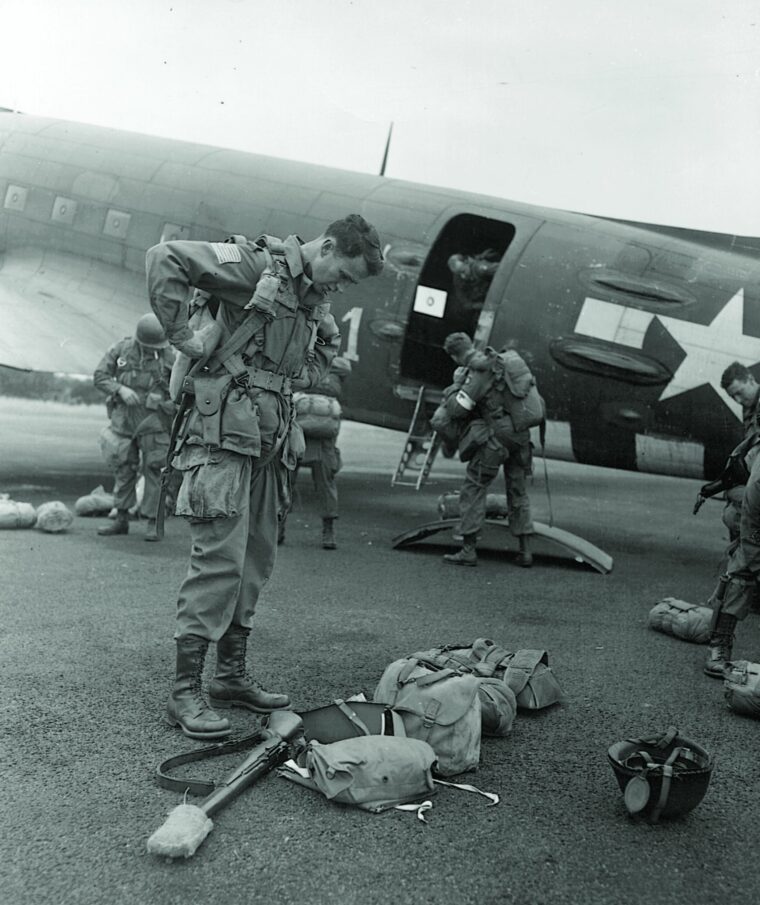
Winter 2010
WWII Quarterly, Editorial
Warriors in the Wind
In this, our second issue of WWII Quarterly, we are pleased to devote much of it to exploring the contributions of the airborne forces––American, German, and British. Read more
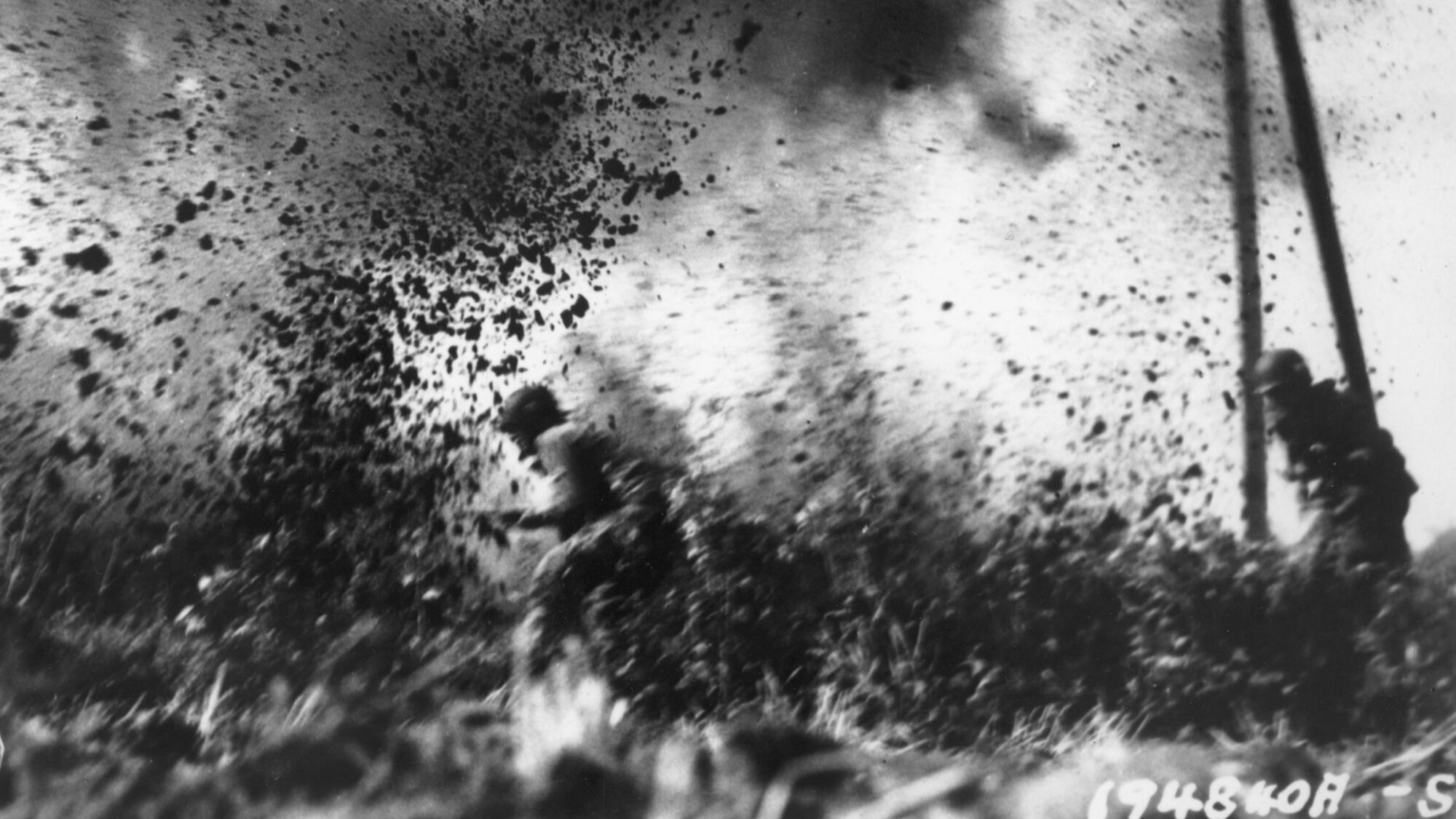
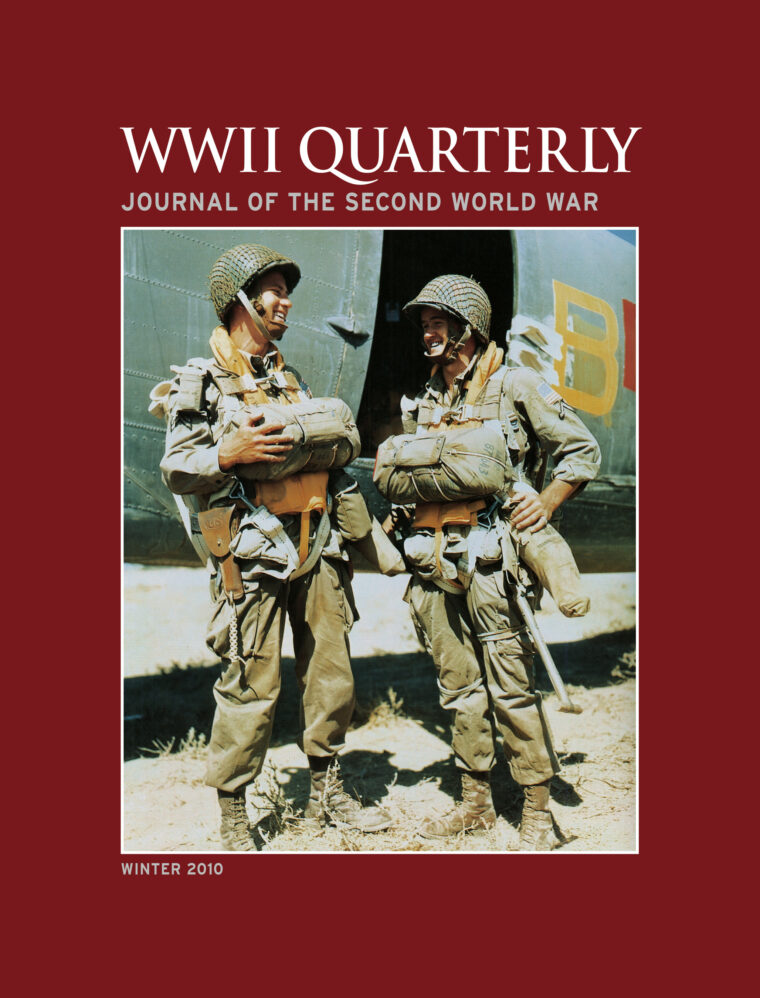

Winter 2010
WWII Quarterly, Editorial
In this, our second issue of WWII Quarterly, we are pleased to devote much of it to exploring the contributions of the airborne forces––American, German, and British. Read more
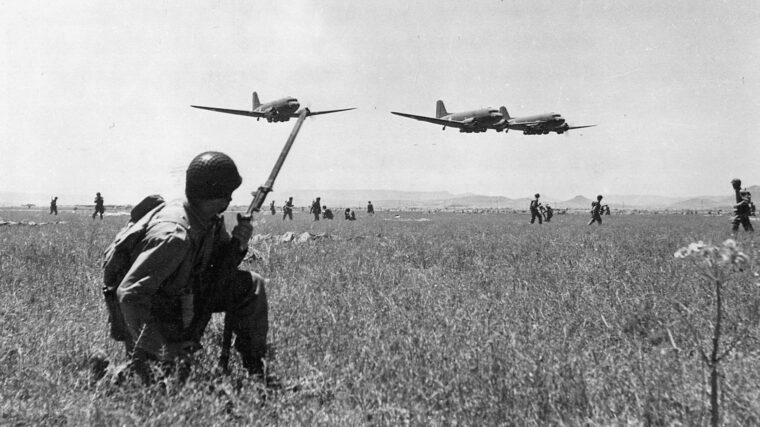
Winter 2010
WWII Quarterly
Shortly after midnight on Monday, June 5, 1944, the dark skies over the coast of northern France were filled with thunder. Read more
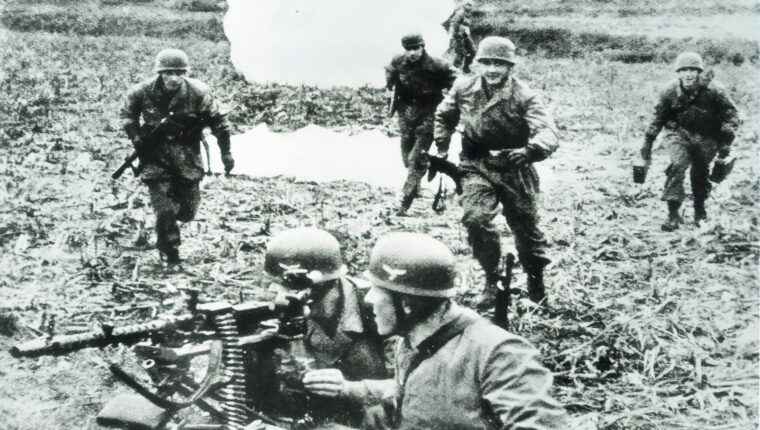
Winter 2010
WWII Quarterly
Belgian Fort Eben Emael was as close to impregnable as modern defense works could be—or so it seemed. Read more
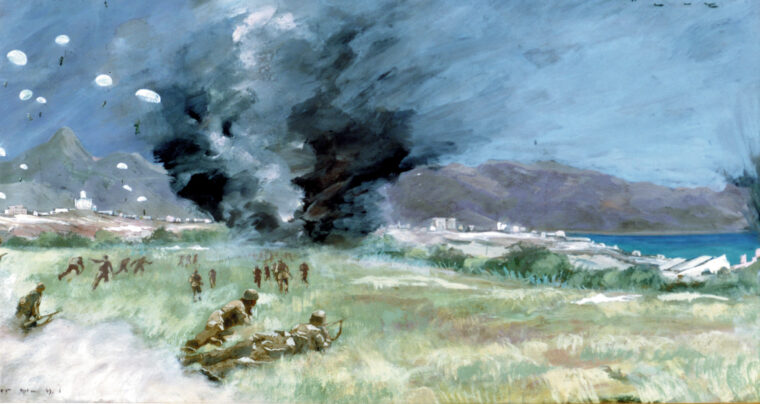
Winter 2010
WWII Quarterly
In May 1941, General Kurt Student’s elite paratrooper forces descended like an anvil on the British garrison defending Crete. Read more
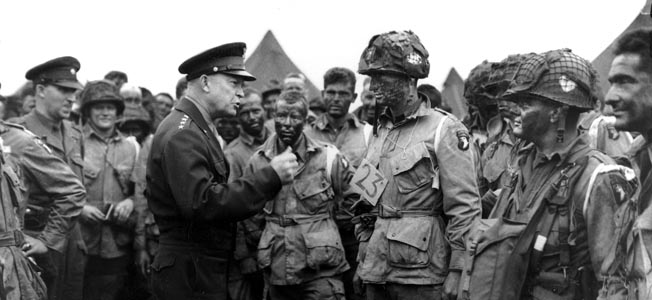
Winter 2010
WWII Quarterly
In an effort to calm his nerves just before he jumped into Normandy on D-Day, Lud Labutka thought it might be a good idea to accept the drink being offered from the paratrooper sitting across from him on their C-47 transport as it crossed the English Channel. Read more
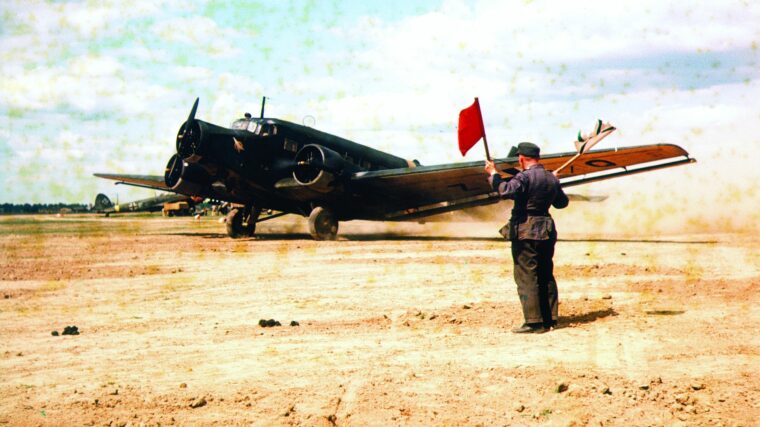
Winter 2010
WWII Quarterly, Ordnance
Shortly before dawn on May 20, 1941, a flight of 500 transport planes took off from seven airstrips on mainland Greece. Read more
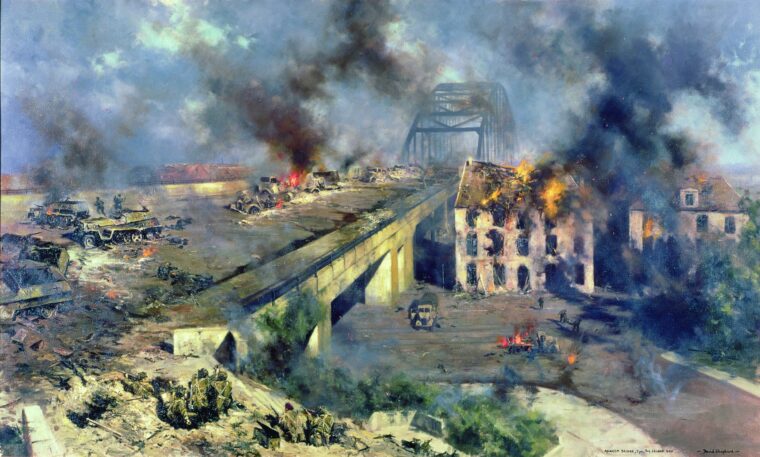
Winter 2010
WWII Quarterly
Q: Could you give us a little personal background before we talk about your war experiences?
SIMS: I was born on April 29, 1925, at Sheffield in Yorkshire. Read more
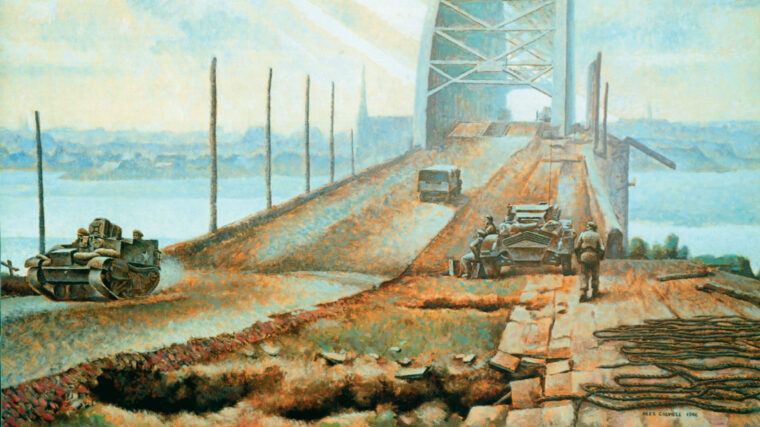
Winter 2010
WWII Quarterly
“In the years to come everyone will remember Arnhem, but no one will remember that two American divisions fought their hearts out in the Dutch canal country,” wrote U.S. Read more

Winter 2010
WWII Quarterly
The U.S. Army trained dogs for a number of tasks during World War II. From checking for mines to guarding prisoners of war, the dogs performed admirably, but a few special dogs actually earned jump wings. Read more
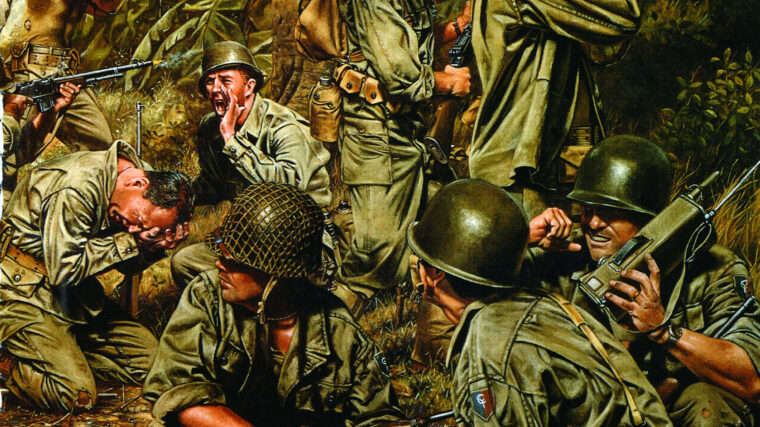
Winter 2010
WWII Quarterly
As the nine C-47s flew closer to the drop zone, the lead plane descended to an altitude of four hundred feet. Read more
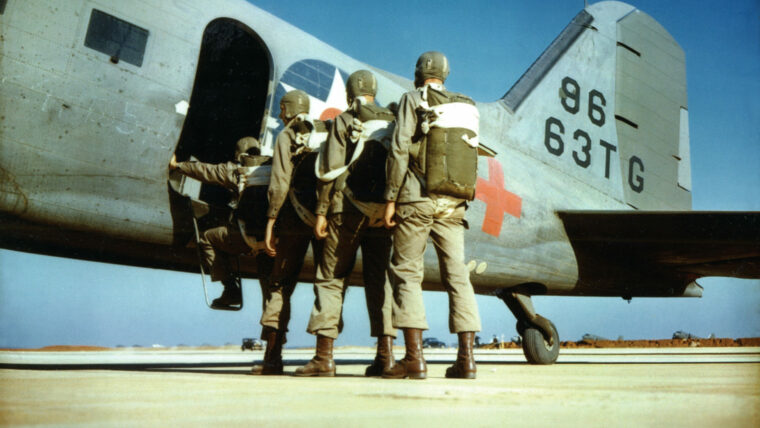
Winter 2010
WWII Quarterly
Every American soldier who jumped into North Africa, Europe, the Philippines, and other combat zones around the globe during World War II had to first learn his trade at Fort Benning, Georgia. Read more